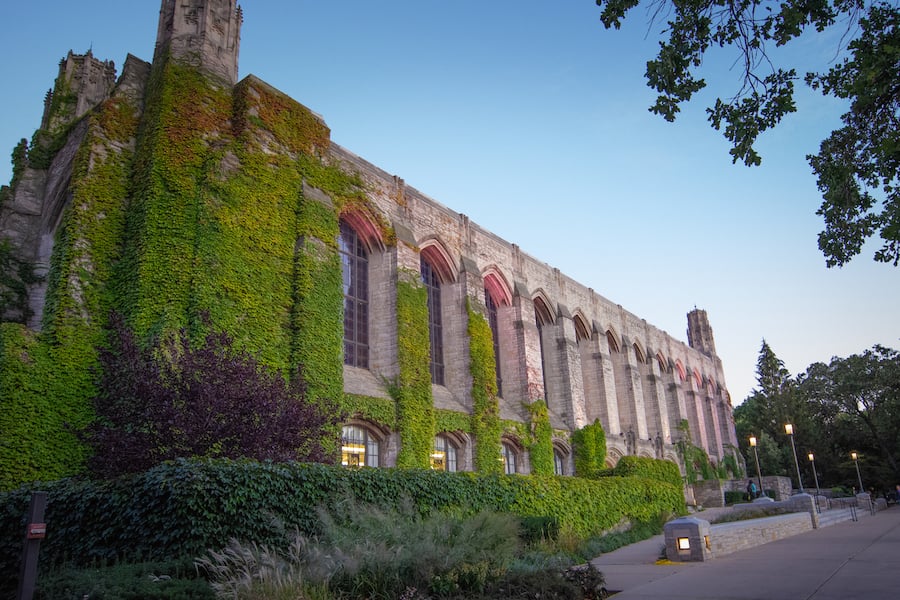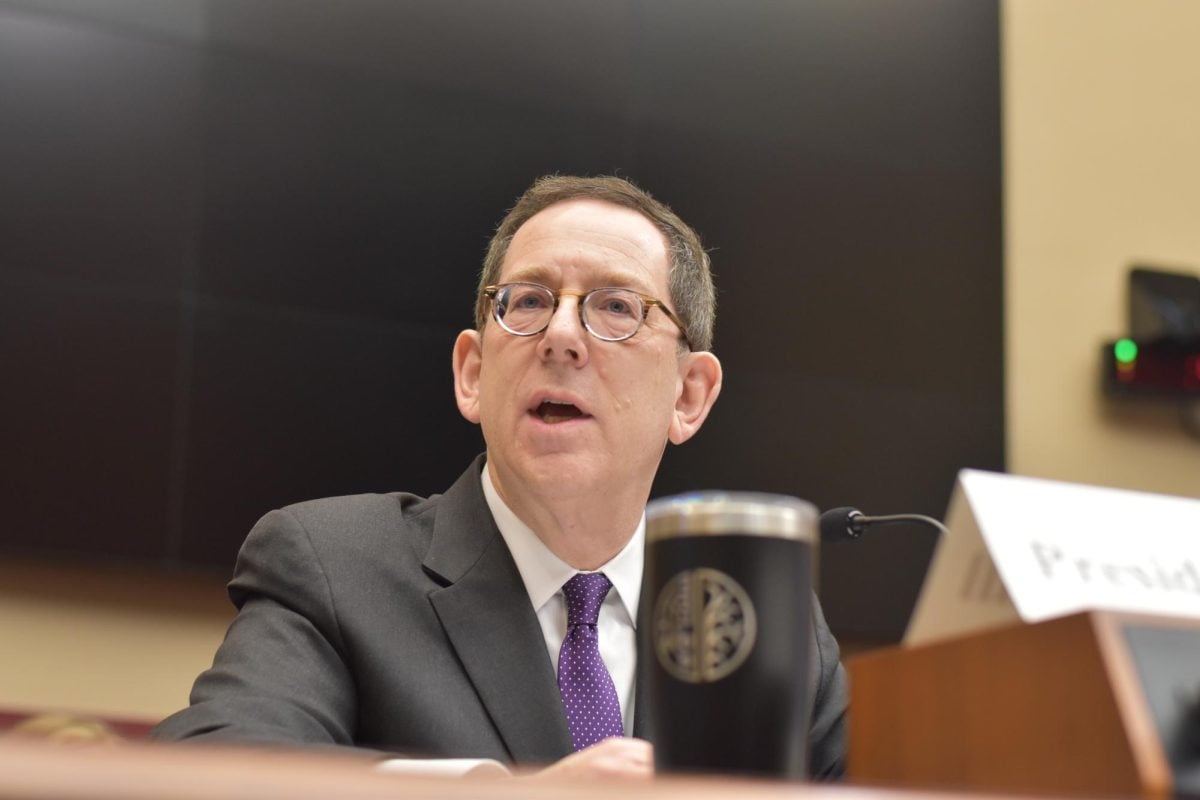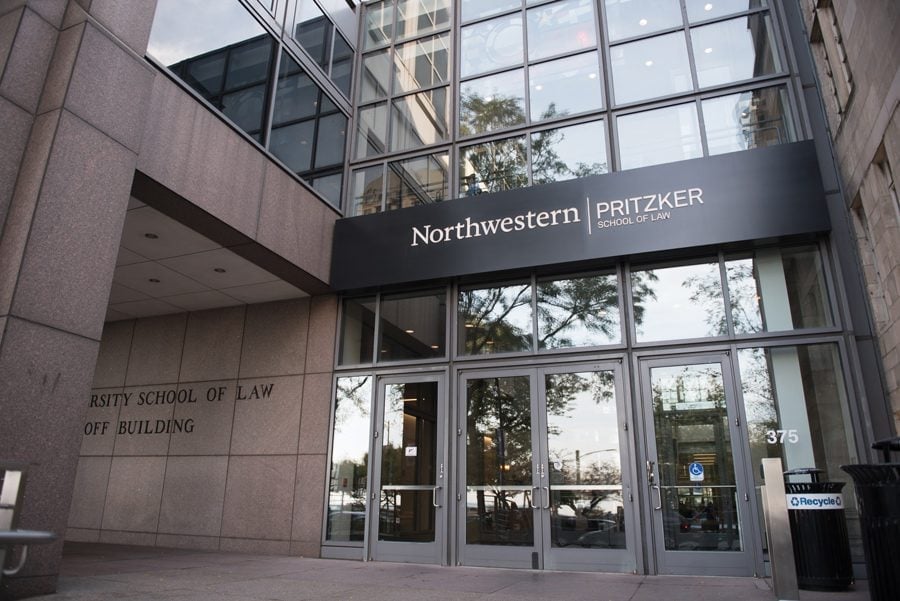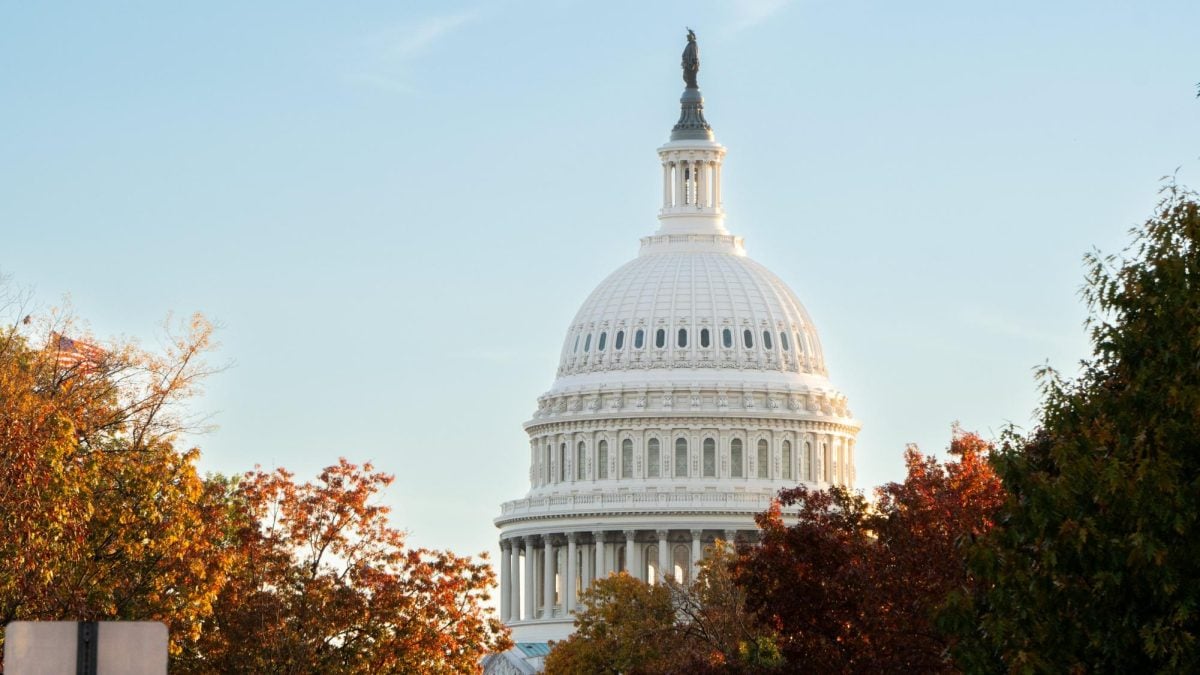Northwestern Provost Dan Linzer announced the members of the Catalyst Committee last Thursday, which will implement the initiatives outlined in the Strategic Plan, Northwestern Will.
Philosophy Prof. Sandy Goldberg chairs the committee, which is made up of NU faculty, deans and administrators according to an NU news release. The committee will work to enact the projects outlined in the plan, which was presented in November 2011.
The committee is made up of 16 NU faculty members, including Vice President for Student Affairs Patricia Telles-Irvin, Weinberg College of Arts and Sciences Dean Sarah Mangelsdorf and The Graduate School Dean Dwight McBride.
“We were looking for a cross section of very successful leaders across the University who have demonstrated that they are institutional citizens, that they think about broad issues and bring a range of perspectives,” Linzer said.
Linzer said the committee will try to consider all the ideas that emerge from the deans and vice presidents of schools and the NU community when attempting to fulfill the goals of the plan.
The strategic plan has four parts, which encompass expanding University research, providing more experiential learning for students, creating a diverse and inclusive community and working with Chicago and the greater world.
Evelyn Caliendo, the NU director of planning and special projects and a facilitator of the Catalyst Committee, said the committee includes a diverse group of professors and administrators, and may try new forms of media to keep an ongoing conversation with the greater NU community.
Marilyn McCoy, vice president of administration and planning and Catalyst Committee member, said she hopes the deans from NU schools will also encourage students to express their opinions for implementation of the plan.
McCoy said because the committee has only met once, the process of implementing the ideas in the plan is still in its beginning stage.
“We are working within the community to bring this plan to a reality,” McCoy said. “We are moving from participatory planning to participatory implementation.”
Goldberg said the committee will meet once a month for the next three academic years. Linzer said though typical university strategic plans last for five to 10 years, there is no set end date for the current strategic plan.
The provost also noted possible challenges the committee may face. He said while the intention is to include a wide range of ideas, the committee must make choices so as not to exhaust the budget.
“We are never going to have enough money or resources to do everything people want,” Linzer said. “We have to make choices among competing ideas.”
Correction: A previous version of this article misstated how often the committee will meet. It will meet once a month for the next three academic years. The Daily regrets this error.






